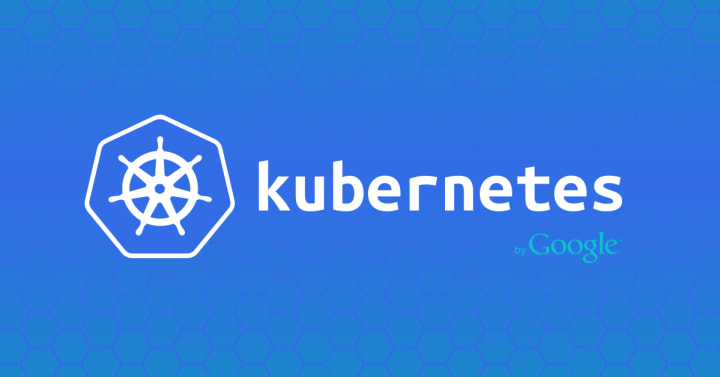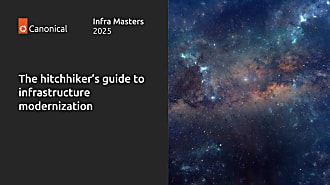Matt Bruzek
on 21 July 2015

The Google Cloud Platform released version 1.0 of the Kubernetes project. The name “kubernetes” originates from Greek, meaning “helmsman” or “pilot”. Kubernetes is an open source software system for managing containerized applications across multiple hosts. It handles the scheduling the nodes, and reorganizes the cluster when workloads or nodes fail (called “self-healing”).
Concepts
Kubernetes introduces some new technology specific concepts such as “cluster”, “node”, “pod”, “replication controller”, and “service”. If you need more information check out the concepts on github. We also wrote a getting started guide for using Juju.
Integration
Canonical have been working on Kubernetes for about 6 months. The bundle and charms are in the cluster/juju directory of the kubernetes github project. We have created the best way to deploy a cluster with Juju so you can get started using the technology without having to know how to deploy the cluster on a specific cloud. The important part of this integration is that you can deploy a cluster in all the clouds that Juju supports (which is pretty much all of the public clouds)!
Deploy it
Assuming you already have Juju installed (because who doesn’t … am I right?) you can deploy a Kubernetes cluster in two different ways:
Released version cluster
We engineered the charms to deploy a specific tagged release of the kuberentes project. At the time of writing this is “v1.0.0” but the version can change. Use quickstart to deploy the bundle from the Juju charm store:
juju quickstart u/kubernetes/kubernetes-clusterDeveloper cluster
If you want to develop Kubernetes features or fix bugs you can deploy the developer version and see your changes in the cluster right away! Since the charms and bundles are integrated in the repository you can use Kubernetes semantics to deploy the cluster (a.k.a. kube-up.sh).
git clone https://github.com/GoogleCloudPlatform/kubernetes.git
cd kubernetes
export KUBERNETES_PROVIDER=juju
cluster/kube-up.shI wrote more about the developer cluster in a previous post.
Video
My colleague created a video that visualizes the features we have added. Check out his video on YouTube.
More information
I wrote more about the Kubernetes 1.0 release on Ubuntu Insights.
Congratulations to Google for reaching the significant milestone v1.0!



